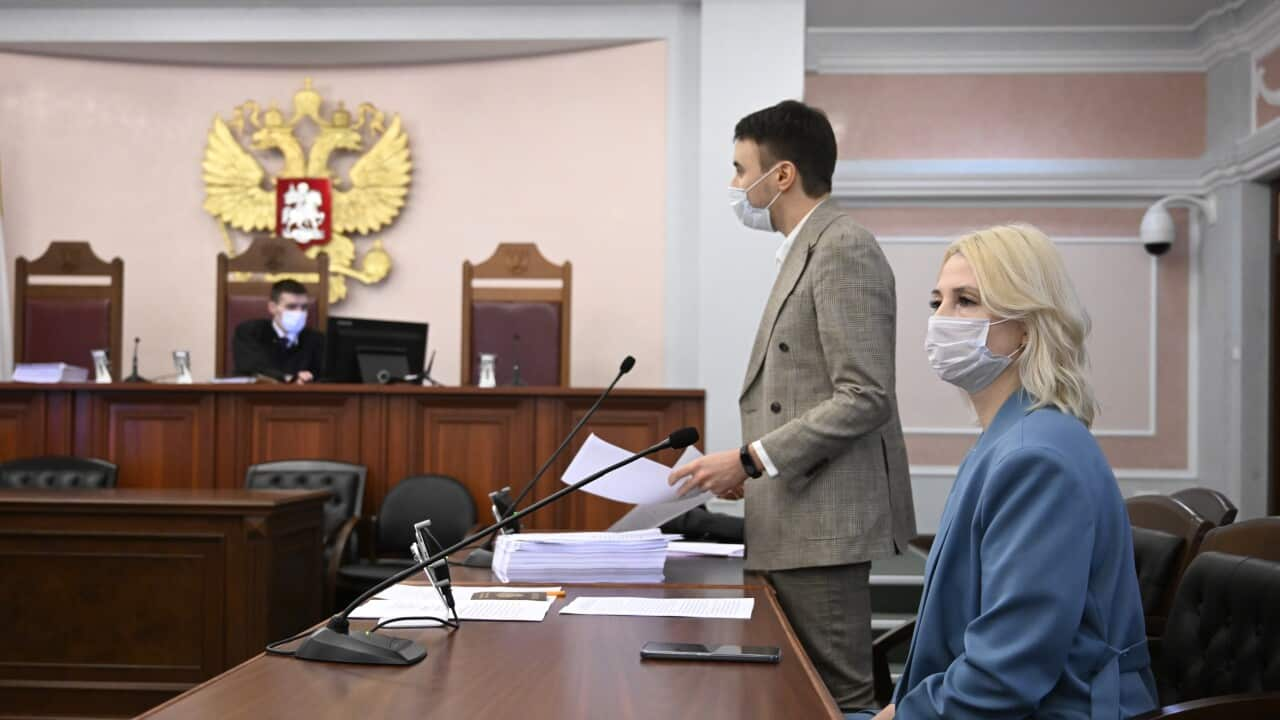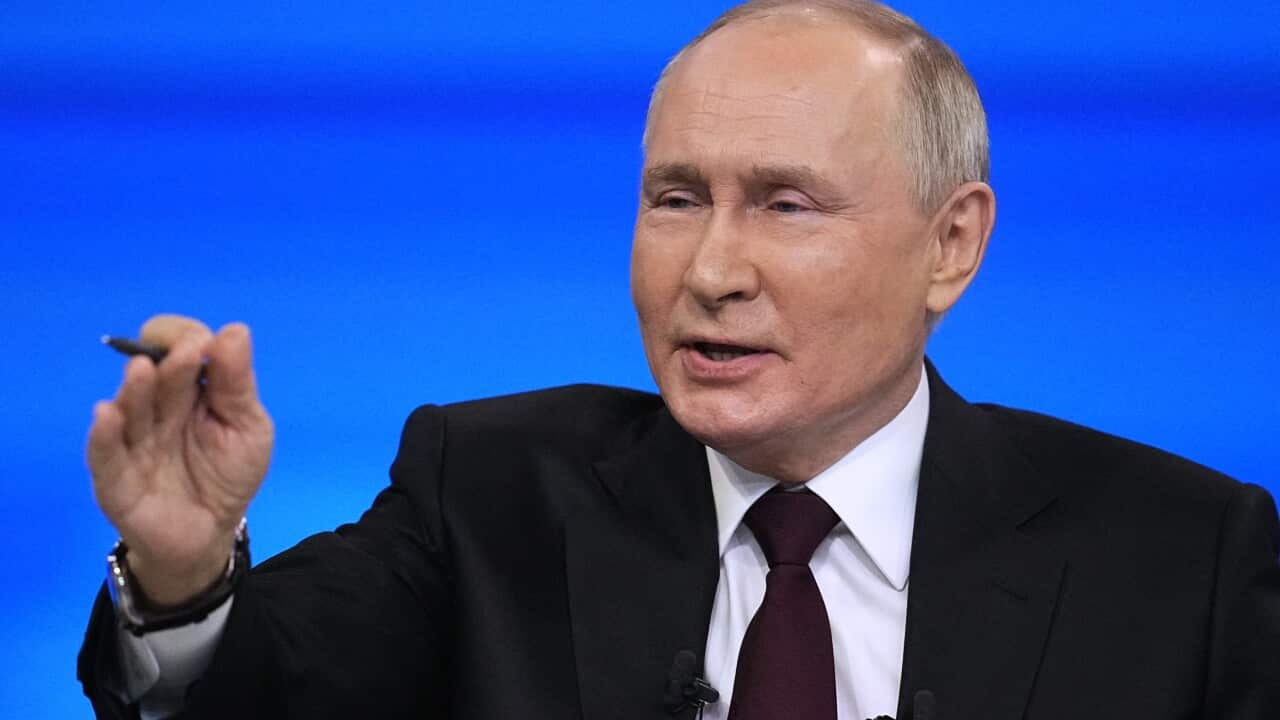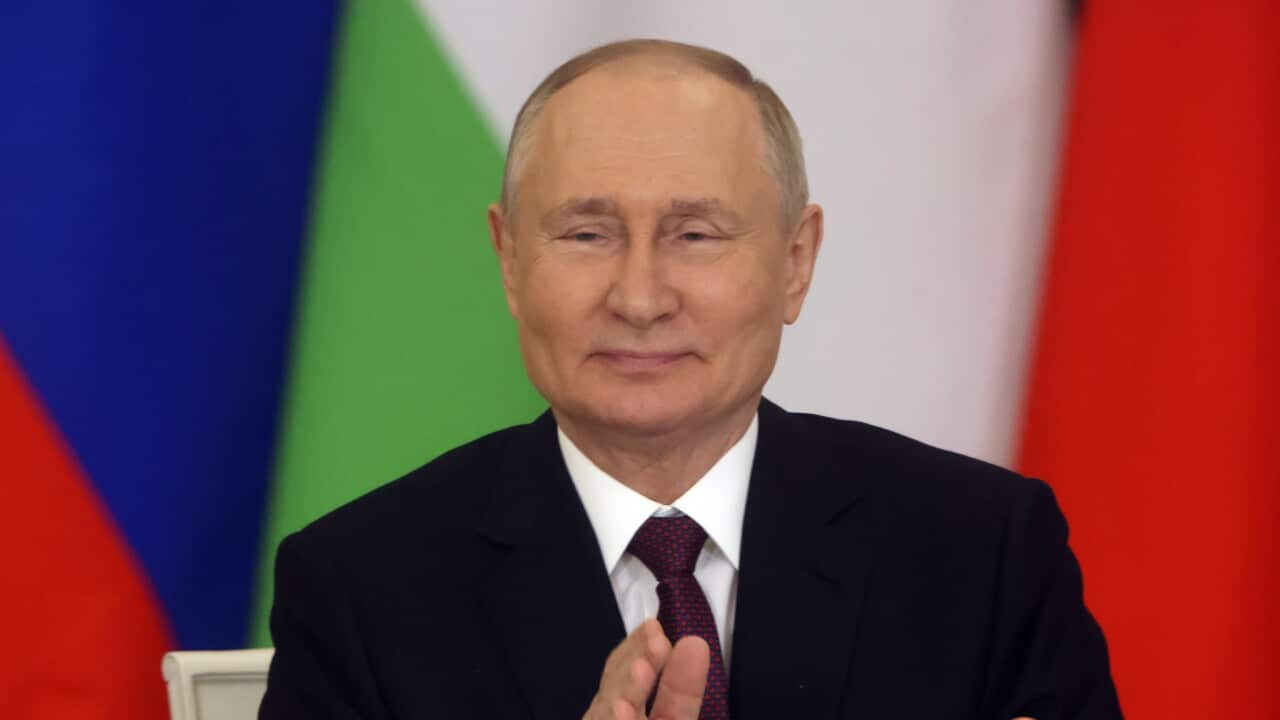Key Points
- Anti-war journalist Yekaterina Duntsovain has lost her appeal to run in Russia's presidential election.
- Members of the central electoral commission voted unanimously to reject her candidacy.
- President Vladimir Putin, who has been in power for over 20 years, is expected to secure another term.
Russia's Supreme Court has upheld a decision to bar a former TV journalist who opposes the war in Ukraine from taking part in a presidential election in March, Yekaterina Duntsova, the would-be candidate, says.
Members of the central electoral commission voted unanimously to reject the candidacy of Duntsova, citing "numerous violations" in the papers she had submitted in support of her bid.
Duntsova, in a post on her Telegram channel, confirmed that her appeal against the decision had been rejected by the Supreme Court.
She said she now planned to try to set up a new political party for people who wanted "peace, freedom and democracy" - ideas Duntsova said were attractive to tens of millions of Russians whose voices she said were not being represented.
Duntsova - who is not well known in Russia and, by her own admission, commands a core support base of only thousands in a country of more than 140 million people - had previously told Reuters she felt she had been unfairly disqualified.
The Central Election Commission says its decisions are purely rules-based and that its job is to make sure that would-be candidates follow the right procedures.
The next presidential elections in Russia are scheduled to take place from 15 to 17 March 2024.
President Vladimir Putin will be running as an independent candidate.
Other political parties have also nominated their candidates including the Liberal Democratic Party of Russia which has nominated Leonid Slutsky and the Communist Party of the Russian Federation which has put forward Nikolay Kharitonov.
Civil Initiative has nominated Boris Nadezhdin, a deputy from the Moscow region, and the New People Party nominated Vladislav Davankov, the vice-speaker of the State Duma.
Putin, who has been in power as either president or prime minister for more than 20 years and faces no serious competition, is expected to comfortably win another six-year term in March.
The Kremlin points to opinion polls, which give Putin, 71, an approval rating of about 80 per cent and says most Russians support what it calls its "special military operation" in Ukraine.











